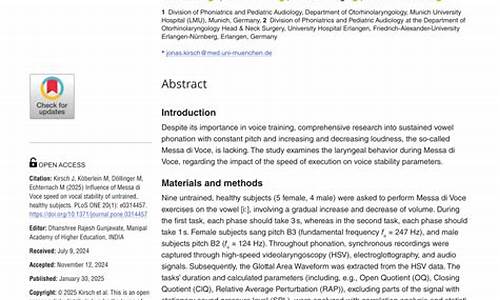Healthy Diet Suggestions for Different Age Groups
Maintaining a balanced and nutritious diet is essential at every stage of life. Each age group has unique nutritional needs to support growth, development, and overall well-being. Whether you’re a child, teenager, adult, or senior, understanding these dietary requirements can help optimize health and prevent chronic conditions. In this article, we’ll explore healthy eating habits tailored for different age groups and provide practical tips for each stage of life.
Healthy Eating for Children
During childhood, a balanced diet is crucial for growth, development, and strong immune function. Children need a variety of nutrients, including protein, calcium, vitamins, and minerals, to support their rapid physical and cognitive development. Foods like fruits, vegetables, whole grains, and lean proteins should be included in their daily meals. Avoiding excessive sugar, processed snacks, and sugary drinks is also key to promoting long-term health.
Teenagers’ Nutritional Needs
As teenagers go through puberty, their nutritional needs increase significantly. Proper nutrition supports the growth spurt, hormonal changes, and the development of muscle mass. Teenagers should focus on foods rich in iron, calcium, and protein to help strengthen bones, muscles, and support overall health. A balanced diet with plenty of vegetables, fruits, lean meats, and whole grains is essential during this period.

Healthy Eating for Adults
Adults should focus on maintaining a balanced diet to preserve their energy levels, support metabolism, and prevent chronic diseases like heart disease, diabetes, and obesity. A diet rich in fiber, healthy fats, lean proteins, and a variety of fruits and vegetables is important. Limiting processed foods, red meats, and sugary snacks is crucial to avoid weight gain and other health issues.
Dietary Tips for Seniors
As people age, their metabolism slows down, and their nutrient requirements change. Seniors should prioritize foods that help maintain bone health, such as those rich in calcium and vitamin D. Additionally, incorporating fiber-rich foods can help manage digestive health. Hydration becomes even more important as seniors are at greater risk of dehydration. Ensuring a well-balanced, nutrient-dense diet can improve longevity and quality of life.
Conclusion
Healthy eating habits are crucial at every age. By tailoring diets to meet the specific needs of children, teenagers, adults, and seniors, individuals can support their health at every stage of life. Maintaining a variety of nutrient-rich foods, limiting unhealthy options, and staying hydrated are fundamental principles that contribute to long-term well-being.